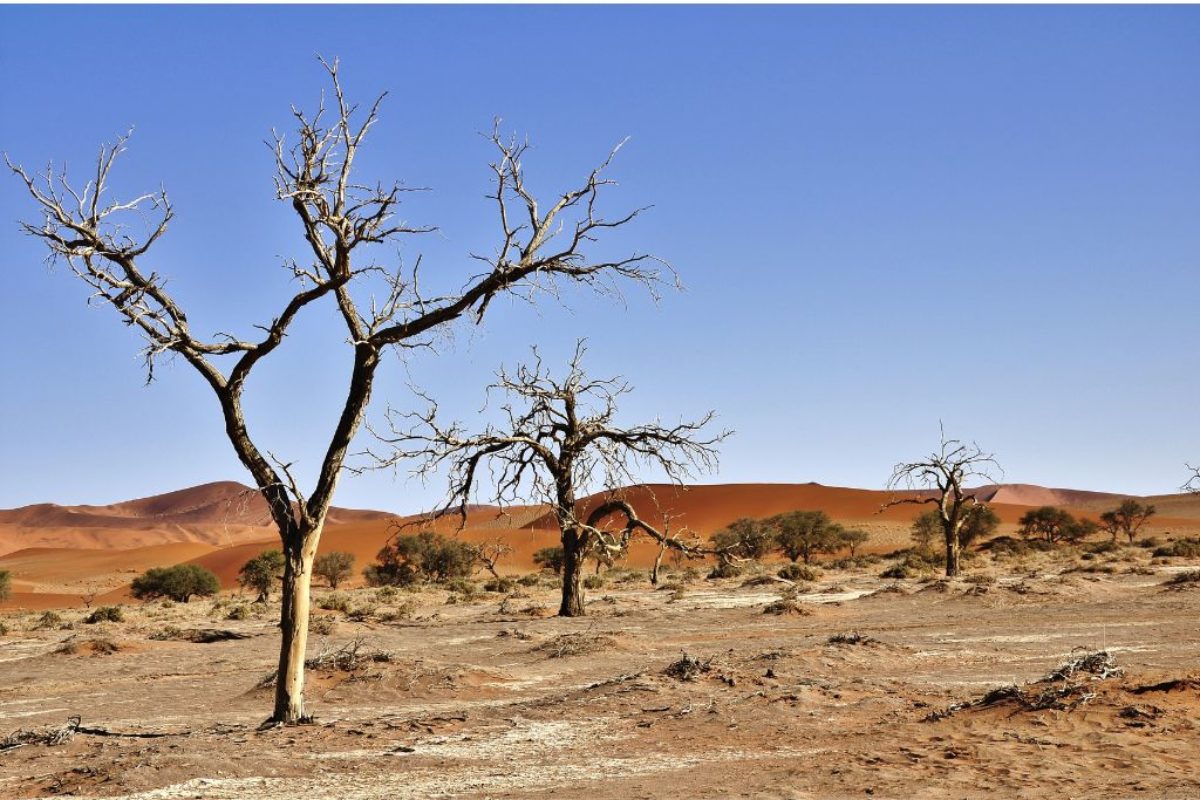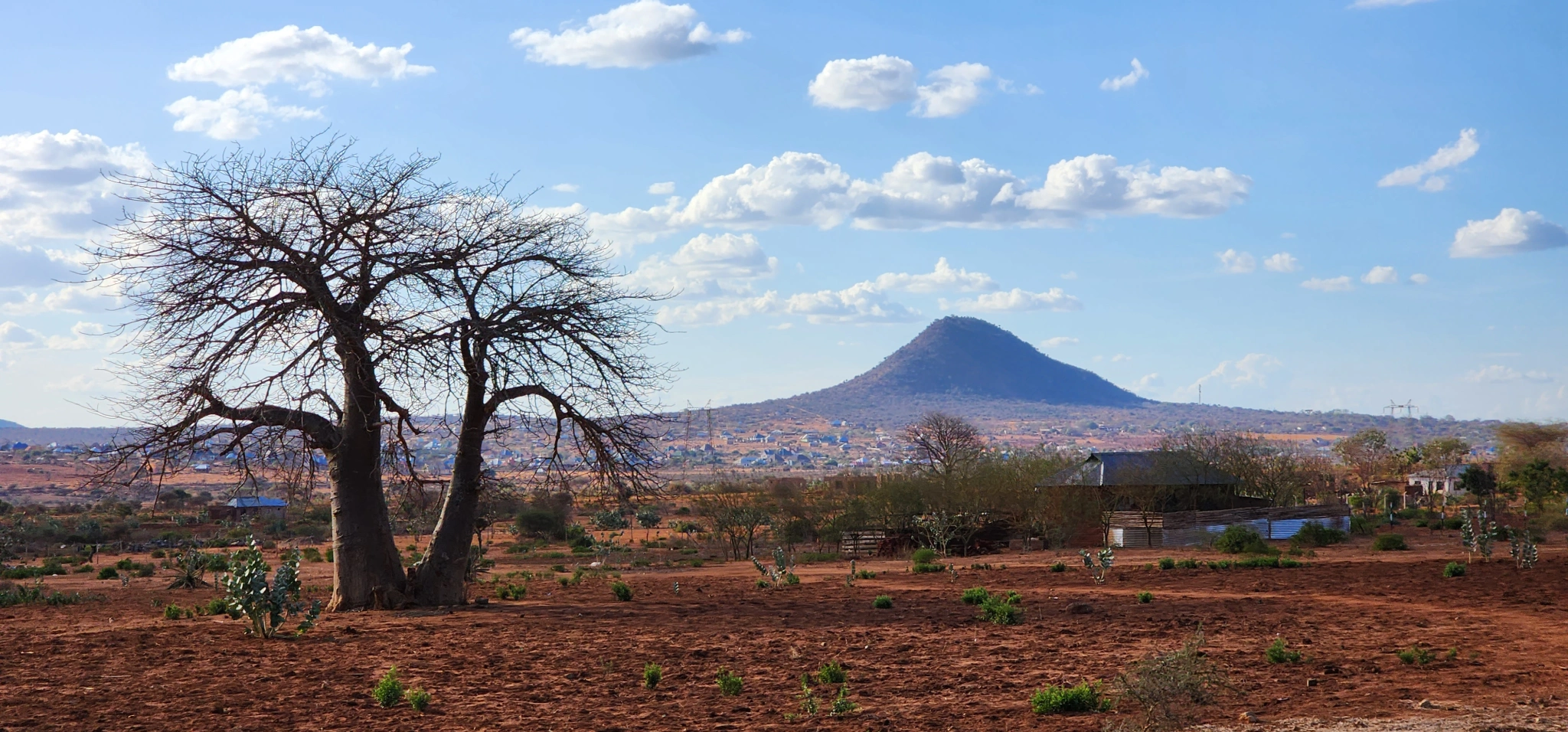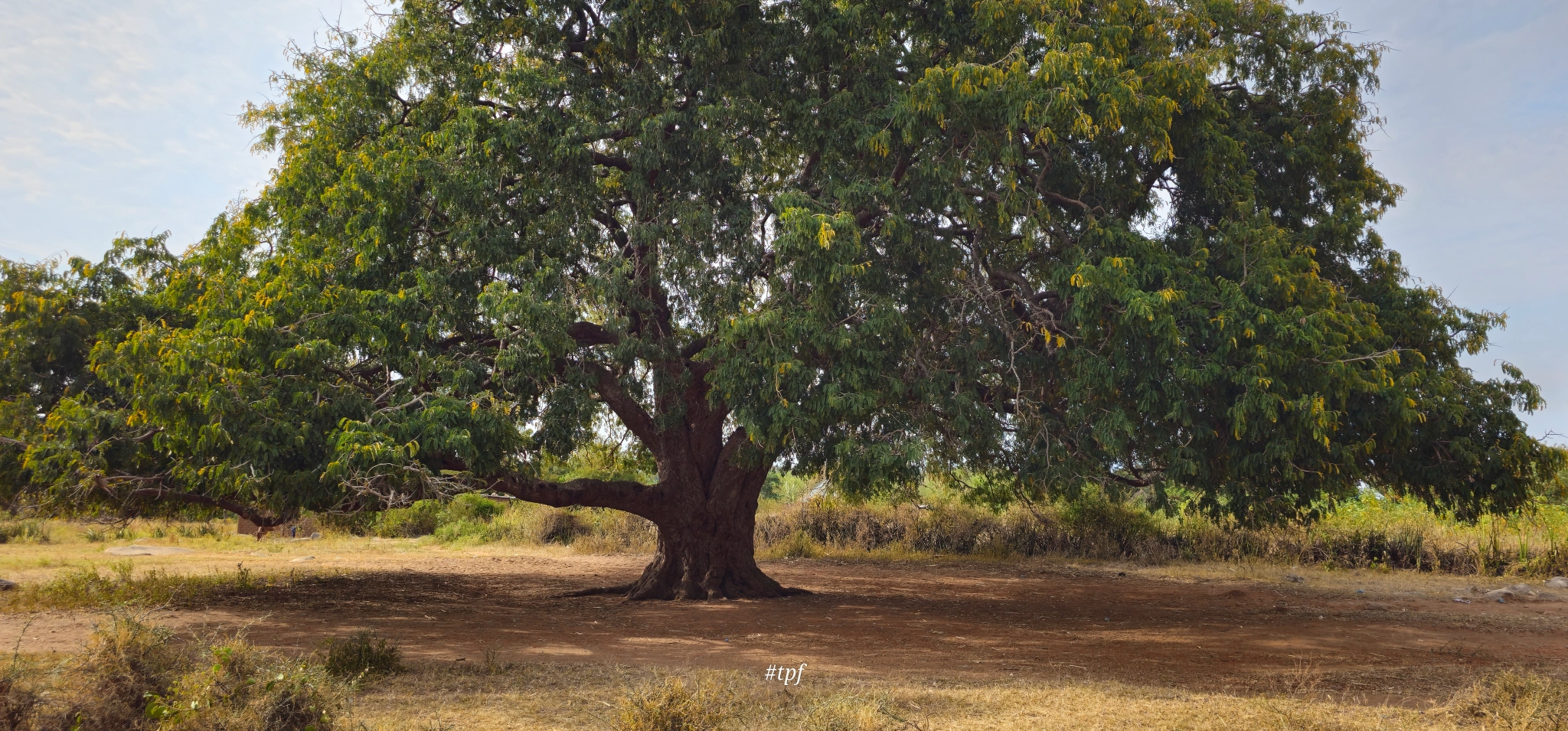
Desertification, the process by which fertile land becomes desert due to various factors including drought, deforestation, and inappropriate agriculture, has been a matter of global concern for decades. While the impact of desertification is felt across continents, Africa has been particularly vulnerable, with the continent’s intricate tapestry of ecosystems, climates, and human practices making it a critical case study. This article explores the narratives surrounding desertification in Africa, scrutinizing the socio-political, economic, and ecological dimensions of the phenomenon.
Africa, with its vast expanses of arid and semi-arid lands, is predisposed to desertification. Around 45% of Africa’s land area is vulnerable to desertification, affecting approximately 55% of the continent’s population (United Nations, 2021). This situation is exacerbated by climate change, which alters rainfall patterns and increases the frequency of extreme weather events. However, desertification in Africa cannot solely be attributed to natural causes; human activities play a significant role.
Colonial legacies and Local Narratives
The legacy of colonialism has left an indelible mark on Africa’s landscapes. During the colonial period, European powers implemented agricultural practices and land use policies that were unsuitable for Africa’s varied ecosystems (Batterbury & Warren, 2001). These practices, often geared towards cash crops for export, led to soil degradation and deforestation, laying the groundwork for contemporary challenges related to desertification.
Post-colonial Africa inherited the flawed land management systems of the colonial era. Many African governments have struggled to implement sustainable land use policies, often due to political instability, corruption, and a lack of resources (Davis, 2005). In some instances, land has been appropriated for large-scale agriculture and mining operations, further contributing to desertification and disenfranchising local communities.
While the impact of desertification is felt across Africa, local responses and narratives vary significantly. In some regions, communities have developed innovative strategies to combat land degradation. For instance, in Niger, local farmers have adopted agroforestry practices, integrating trees into their agricultural systems to enhance soil fertility and prevent erosion (Reij, Tappan, & Smale, 2009). These practices have been successful in reversing desertification trends, highlighting the potential of community-led initiatives.
Conversely, in other regions, desertification has been weaponized as a political tool. Some governments have used the narrative of desertification to displace communities and seize land for economic development projects, under the guise of environmental conservation (Brockington & Igoe, 2006). This has led to social conflict and exacerbated vulnerability to desertification.
The Role of International Aid and Development
International aid and development projects have played a central role in Africa’s desertification narrative. Numerous initiatives, such as the Great Green Wall for the Sahara and Sahel Initiative, have been launched to combat desertification and promote sustainable land management. However, the effectiveness of these projects has been mixed.
Critics argue that some international interventions have been top-down, failing to engage adequately with local communities and understandings of desertification (Bauer, 2007). This has resulted in interventions that are ill-suited to local contexts, limiting their effectiveness and sustainability. Furthermore, the focus on large-scale projects has sometimes diverted attention and resources away from smaller, community-led initiatives that have proven successful in combating desertification.
Addressing desertification in Africa necessitates a holistic approach that integrates local knowledge and sustainable practices. Local communities possess a wealth of knowledge on land management practices that are adapted to their specific environments (Nyong, Adesina, & Elasha, 2007). Recognizing and leveraging this knowledge is crucial for developing effective and sustainable solutions to desertification.
Furthermore, there is a need to address the underlying socio-political and economic factors that contribute to desertification. This includes implementing land reform policies that ensure equitable access to land and resources, promoting sustainable agricultural practices, and addressing corruption and governance issues.
Conclusion
Desertification in Africa is a complex and multi-faceted issue, shaped by historical legacies, socio-political dynamics, and ecological factors. The narratives surrounding desertification are varied, reflecting the diverse experiences and responses of communities across the continent. Addressing desertification requires a nuanced understanding of these narratives, recognizing the role of local knowledge and practices in developing sustainable solutions. Only by doing so can we hope to reverse the trends of desertification and secure a sustainable future for Africa’s landscapes and communities.



